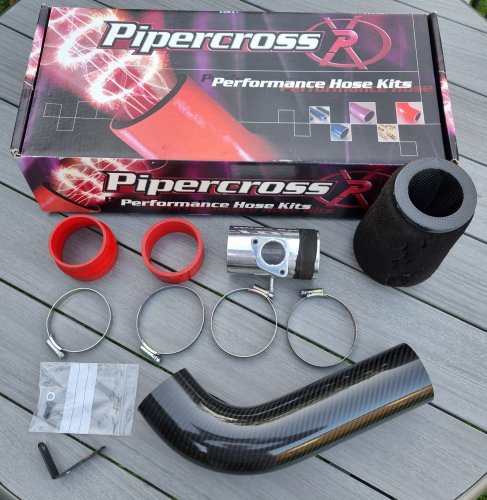Lotus Engineering, the world renowned automotive
consultancy division of Lotus, is celebrating its latest
accolade after triumphing at 'The Engineer Technology +
Innovation Awards 2008' with another environmentally
focused project. The winning project, Project HOTFIRE,
developed a gasoline direct injection (GDI) engine concept
that reduces fuel consumption by 15% and was named the
leading academic collaborative project in the automotive
sector.
Project HOTFIRE was made up of a collaboration of engine specialists from
Lotus Engineering, Continental Powertrain, University College London (UCL)
and Loughborough University, with funding from EPSRC (Engineering and
Physical Sciences Research Council). The project studied the potential
efficiency gains of spraying fuel directly into the cylinders of a petrol-driven
engine, rather than introducing a fuel/air mixture. Due to outstanding early
results, the project progressed further with the delivery of a concept-car engine
which has been the subject of interest from a number of large manufacturers.
Mike Kimberley, Chief Executive Officer of Group Lotus Plc said: "I am
absolutely delighted that our global high technology Lotus engineering division
is continually being recognised for leading the industry across a number of
advanced technologies which are contributing to the reduction of CO2
emissions. Project HOTFIRE is an excellent example of an industry and
academic partnership producing world-class research for the benefit of the
environment and the car buyer."
Kimberley continued: "The most important part of the project is that the
technologies developed are available and affordable and as we have already
shown, can be easily implemented into next generation models to produce
lower emissions."
Geraint Castleton-White, Head of Powertrain at Lotus Engineering said: "The
project studied the benefits of homogeneous, early, direct injection for a spark
ignition engine, using inlet valve events to minimise throttling losses. Being
able to introduce the fuel separately from the air gives you freedom with how
you operate the engine, there is no fuel lost to the exhaust, so hydrocarbon
emissions are reduced, and you get more efficiency from the engine. It is our
dedication to research such as this that keeps Lotus Engineering at the
21 October
forefront of advanced combustion technologies, which ultimately will find their
way into engines of the future."
Two single cylinder research engines were designed and constructed by Lotus
Engineering, one of which was optically accessed. The in-cylinder geometry of
the two engines was identical and features a close spaced direct injection
system with a centrally-mounted injector architecture.
The optical version of the engine incorporated a full length fused silica quartz
cylinder liner with a full view of the pent roof of the combustion chamber and a
sapphire window in the piston crown. This allowed an advanced suite of laser
diagnostics to measure air motion, injection characteristics, air/fuel mixing and
combustion. This engine was based at Loughborough University for detailed
studies of these in-cylinder phenomena.
The second engine was placed at UCL, and was updated to the same engine
architecture as the optical engine, to measure emissions and fuel economy.
The principle of the investigation was to use early inlet valve closing as a
means of controlling the load on the engines, with a minimum amount of
throttle, and so gain significant fuel savings. The emission measurements
were essential, as any fuel savings could not be at the expense of the exhaust
emissions from the engine.
The end application of this project is a direct injection spark ignition engine
architecture that does not require stratified lean burn combustion to achieve
significant, fuel economy savings of approximately 15%. This ensures that the
system can be used over all speed/load ranges and eliminates the need for an
expensive lean NOx trap which is usually required when lean combustion is
employed.
Early results from this project were so successful that the same architecture
was adopted for the Low CO2 project, a collaboration between Lotus
Engineering and Continental Powertrain with funding from the Energy Saving
Trust (EST). This Low CO2 project has successfully delivered a 3-cylinder
mild-hybrid engine incorporating the cylinder head design used by the
research and this engine has been installed in Opel Astra demonstrator
vehicles which demonstrate significant improvements in both performance and
CO2 emissions.
Photos here:

















Recommended Comments
There are no comments to display.
Join the conversation
You can post now and register later. If you have an account, sign in now to post with your account.